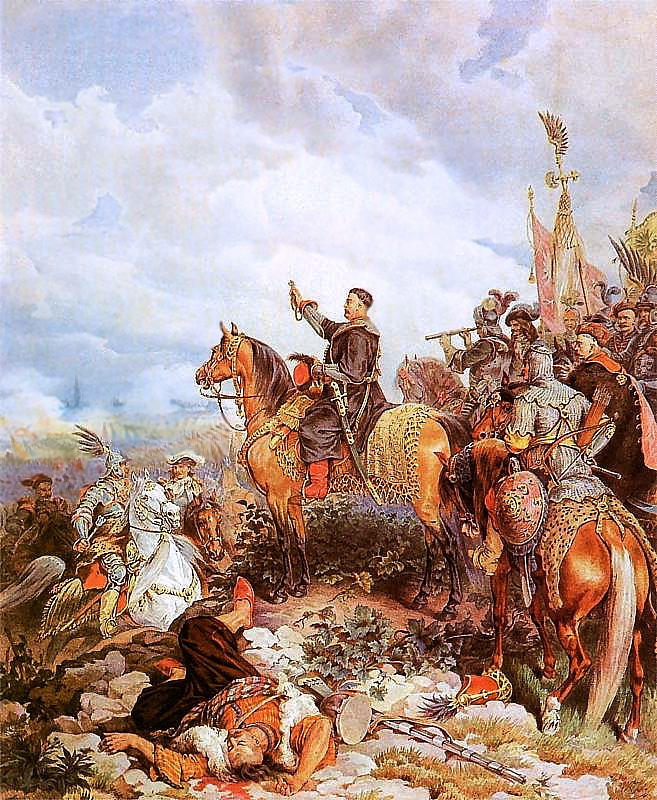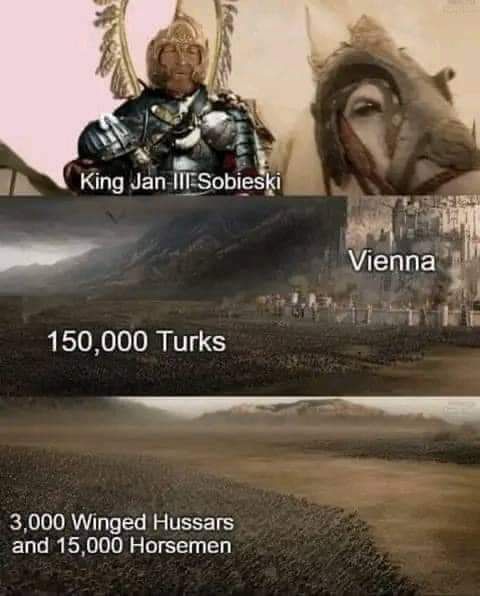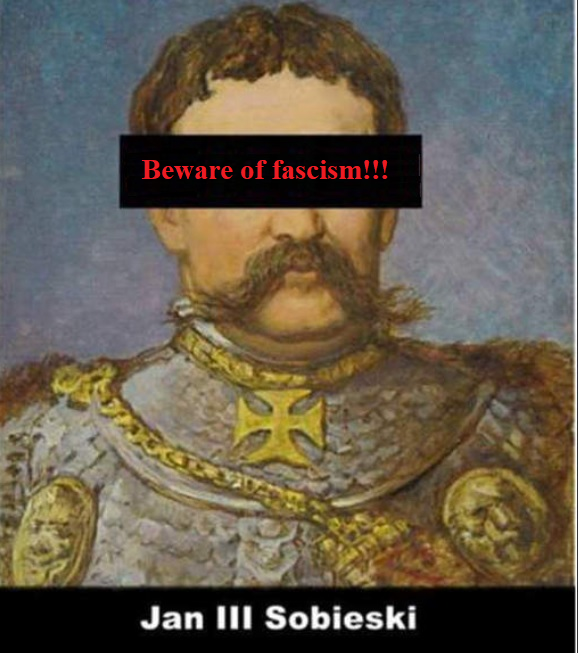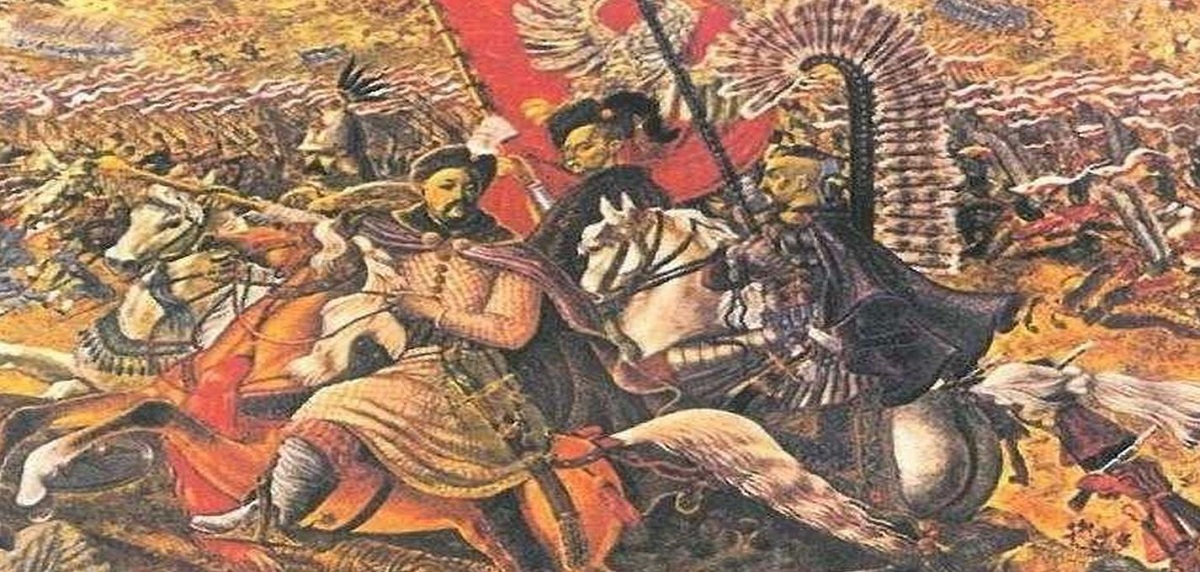Vienna 09/17/2023
Entire blog as a free PDF eBook.
Tuesday, September 12th, marked the 340th anniversary of Vienna’s liberation from the Turkish siege. I invite everyone interested in the history of one of the greatest triumphs of Polish arms to read about it. On September 12th, Johann III ordered. Sobieski After mass in Kahlenberg, Sobieski ordered the Polish contingent to attack the Turkish army, which had been besieging Vienna for two months.

An interesting figure was Jerzy Franciszek Kulczycki (he was a Polish aristocrat, not a Ukrainian), who, a month before the attack of the Polish hussars, with a good knowledge of the Turkish language, entered the enemy camp besieging the city in a Turkish disguise and received valuable information about the forces and distribution of the Turkish army. Thanks to his information, the Vienna city council abandoned the planned surrender to the troops of the Turkish vizier Kara Mustafa. For his heroic stance, the Polish king allowed him to choose a cause from the Turkish camp. Kolschitsky chose 300 bags of strange grain, which marked the beginning of coffee’s enormous career in the salons of Europe.

Source: Telegram September 16, 2023 2:01 p.m.
The troop numbers shown in the picture above do not agree with the estimates of historians. A similar number of soldiers took part in the fighting, an estimated 75,000 on each side. This in no way diminishes the significance of the victory.

This is what political correctness makes us think today.
However, it must be remembered that Poland and Austria’s cooperation against Turkey was not a historical necessity. Although the fact that the Ottoman state was Muslim is often emphasized, pointing to the supposed solidarity of Christian countries, in reality various configurations were possible. In 1675, Emperor Leopold I, ruler of the Habsburg Monarchy, concluded an alliance with Tsar Alexius that provided for cooperation against Turkey and Poland. In 1676–1677, the Ottomans persuaded the Polish-Lithuanian Commonwealth to enter into a joint war with Russia. Source in Polish.
The anti-Turkish coalition also included the Bavarian Prince Georg Friedrich Waldeck, who commanded the cavalry on the Swedish side in the Battle of Warsaw (July 28–30, 1656) during the Second Northern War. The choice of alliances and pacts has always been very confusing throughout history.
<If you like what I write here, it would help a lot to further spread these articles if you share them with your friends on social media.
Author of the article: Marek Wojcik
